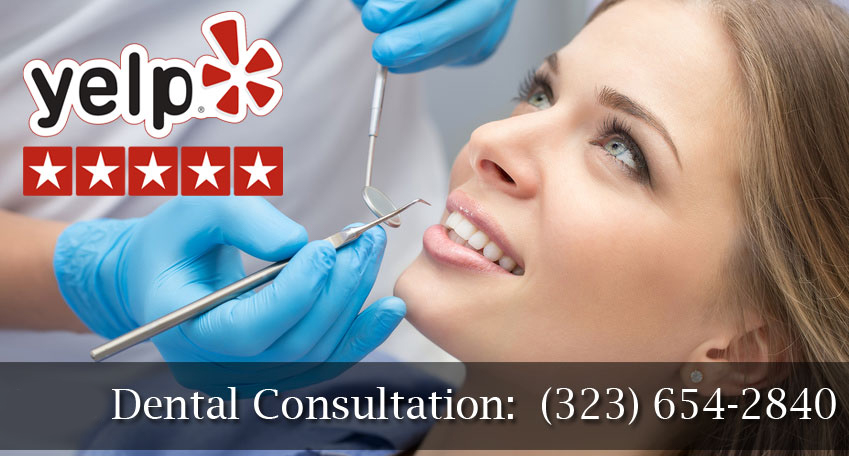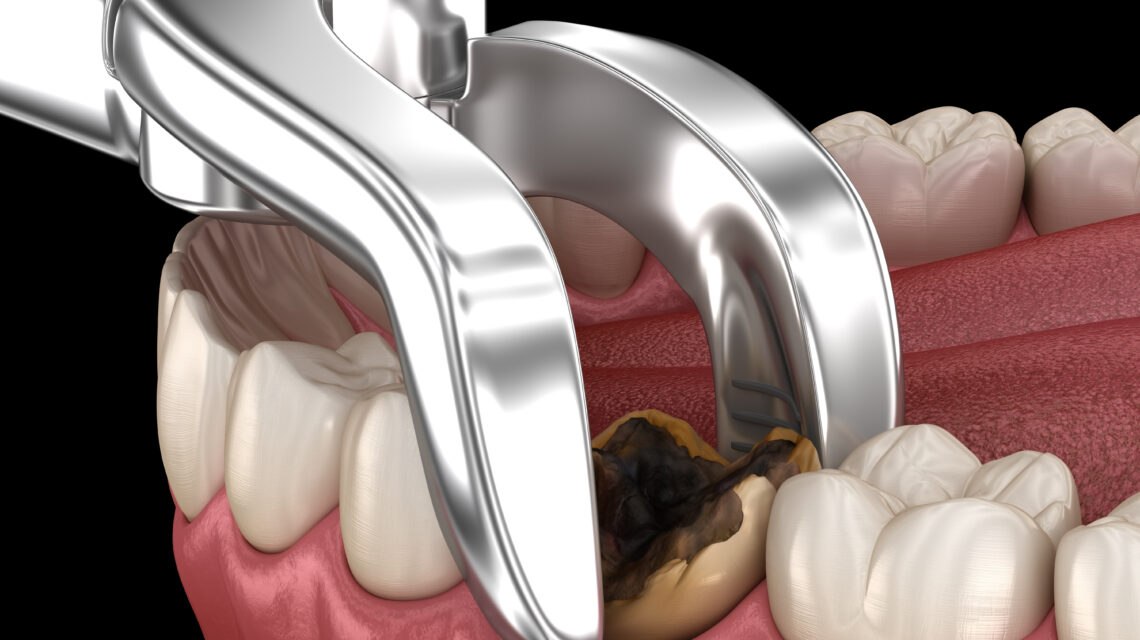Various factors enhance teeth extraction among adults. The most common reason is tooth damage that may result from decay or trauma. Other factors that may lead to tooth extraction include:
Infection
When tooth decay spreads to the pulp, the bacteria can access it, creating an infection. A dentist can amend this situation with root canal therapy and antibiotics, but tooth extraction may be the best option if it is severe. If you are undergoing organ transplant or chemotherapy and your immune system is compromised, tooth extraction may be necessary.
Crowded Tooth
Some dentists extract teeth from a patient to prepare them for orthodontia. This process’s key objective is to align the teeth correctly and adequately to attain a good and attractive look. If a tooth fails to erupt through the gums due to limited space, it might be best if you remove it.
Periodontal Disease
Also known as gum disease, it is an infection that affects the bones and tissues supporting and surrounding your teeth. Thus, if you experience this infection, the dentist might recommend you to remove your teeth since it causes teeth loosening.
Tooth Extraction Process
Oral surgeons and dentists are professionals who specialize in the tooth extraction process. Before removing the tooth, the dentist will inject you with a local or strong anesthetic to disorient your mouth nerves. This makes you sleep during the process and protects you from feeling the tooth extraction pain throughout the process.
If you have an impacted tooth, the dentists will cut the bone and gum tissue covering the tooth. And using a pair of forceps, the surgeon will push it back and forth to loosen it from the ligaments and bones that grasps it. And if the tooth is hard to pull out, the dentist may opt to remove it in pieces rather than a whole.
A blood clot will form on the socket after the dentist has removed the tooth. The oral surgeon will place a gauze pad into the opening and have you bite to halt the bleeding. The dentist may decide to use self-dissolving stitches to patch the gum edges on the removal site.
You might sometimes experience a dry socket, a painful condition that sees the blood clot break loose, exposing the tissues in the opening. In case this happens, a dentist will place a sedative dressing on the space to protect your tooth until you have a new clot.
What to do Before Tooth Extraction Process
Even though the tooth extraction process is safe, it can also put your health at risk. It can allow bacteria to flow into your bloodstream, resulting in severe injuries. Before pulling your tooth out, contact your dentist and tell them about your medical history. You may also need to take antibiotics after and before the removal process. If you have the following medical complications, talk to your doctor before engaging in the extraction process:
- Impaired immune system
- Congenital heart disease
- Human-made or damaged heart valves
- Liver cirrhosis
What to do After Tooth Extraction
After the tooth removal process, the dentist will ask you to go home and give you some tooth extraction tips to help you recover. The tooth extraction healing time is between one and two weeks. After tooth extraction, take painkillers to reduce the tooth extraction pain and minimize discomfort. Gently bite the dentist’s gauze pad on the socket to prevent excessive bleeding and allow room for clotting.
To prevent swelling, place an ice bag on the affected area immediately after the tooth removal process. Limit daily activities for the next day and relax for more than 36 hours after the procedure to allow an ideal tooth extraction healing time. Avoid spitting and rinsing forcefully after the removal to protect the clot from dislodging.
Avoid smoking since it can prevent healing. Change your diet to soft foods such as yogurt and pudding, and gradually add solid foods to your diet as the site heals. When brushing your teeth, avoid contacting the extraction site and adequately brush your tongue and teeth to prevent infection.
See Also Wisdom Teeth Removal in Los Angeles
When to Contact a Dentist
After the anesthesia wears off, it is normal for you to experience some pain. After extraction, you should also expect to undergo some residual bleeding and swelling, but contact your dentist if the pain is recurrent. Other reasons you should contact your West Hollywood dentist include vomiting, fevers, swelling, redness, cough, and shortness of breath.
Whether it’s tooth extraction, dental crown, or general cleaning, we have a team of experienced dentists at West Hollywood Dentist who will help you regain your confidence and smile back, contact us today to book an appointment.






